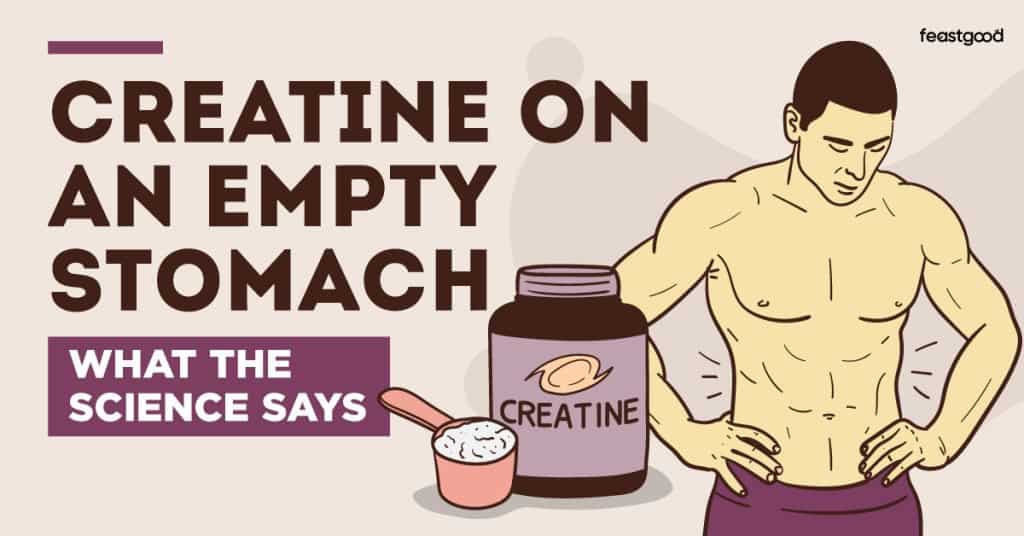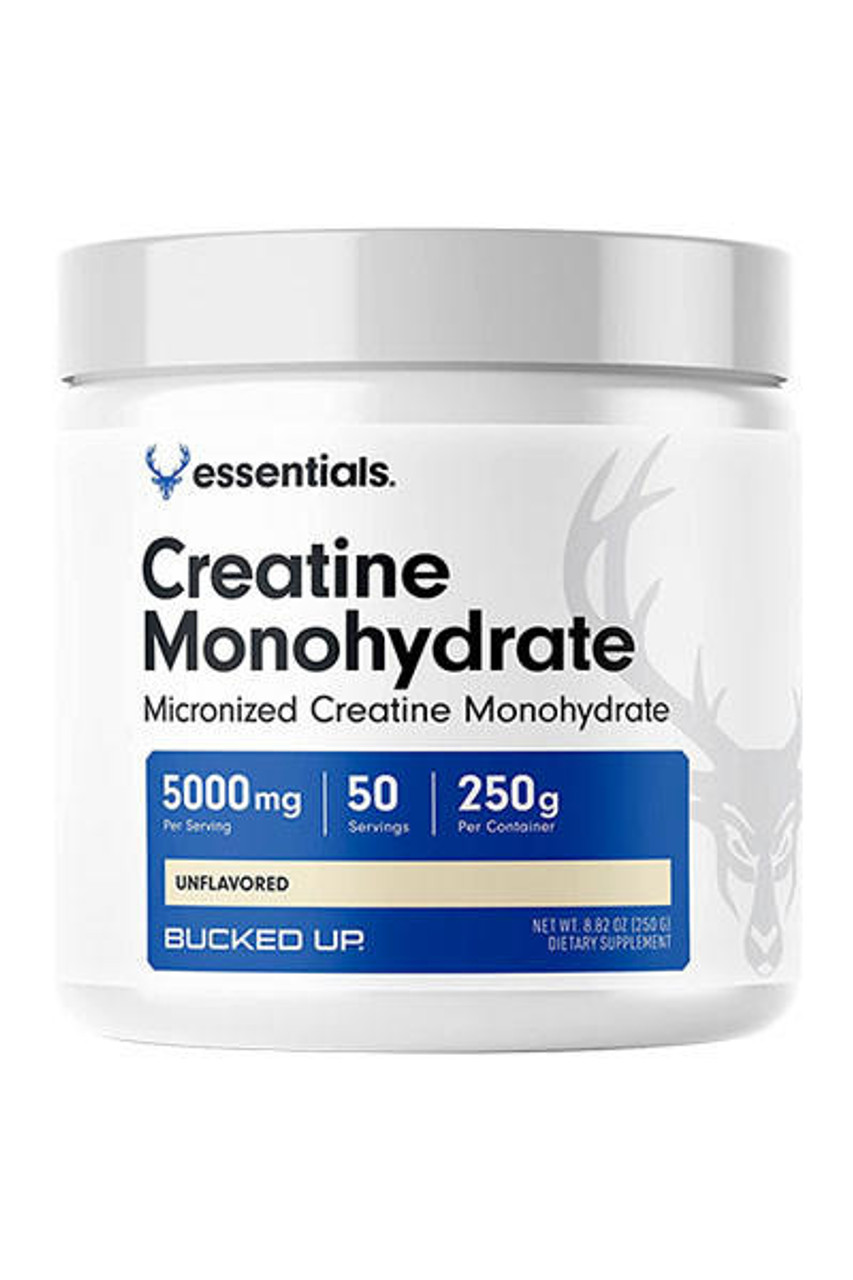Is It Okay To Take Creatine On An Empty Stomach

The world of sports supplements is rife with questions, and few elicit as much debate as the optimal timing for creatine consumption. For athletes, bodybuilders, and fitness enthusiasts alike, maximizing the benefits of this popular supplement is paramount. But the question lingers: Is it okay to take creatine on an empty stomach, or are you sabotaging your gains?
This article delves into the science and anecdotal evidence surrounding creatine supplementation on an empty stomach. We will examine the potential advantages and disadvantages, drawing upon scientific studies, expert opinions, and common practices within the fitness community, to provide a comprehensive understanding of how to best incorporate creatine into your routine.
Understanding Creatine and Its Mechanisms
Creatine is a naturally occurring compound found in muscle cells. It helps produce ATP (adenosine triphosphate), the primary energy source for muscle contractions. Supplementing with creatine increases the phosphocreatine stores in your muscles, allowing for more ATP production during high-intensity exercise.
This enhanced energy supply translates to improved performance, allowing you to lift heavier weights, perform more repetitions, and ultimately, build more muscle mass.
The Empty Stomach Debate: Potential Advantages and Disadvantages
The core question boils down to whether the presence of food impacts creatine absorption and utilization. Proponents of taking creatine on an empty stomach suggest that it allows for faster absorption into the bloodstream. This, in theory, leads to quicker saturation of muscle cells with creatine.
However, the digestive process is complex, and potential drawbacks exist. Some individuals report experiencing gastrointestinal discomfort, such as nausea, stomach cramps, or diarrhea, when taking creatine on an empty stomach.
Potential Advantages: Rapid Absorption
The argument for empty stomach consumption hinges primarily on the speed of absorption. Without food competing for digestive enzymes and transport mechanisms, creatine may theoretically enter the bloodstream more rapidly. This expedited process could lead to a quicker uptake by muscle cells.
However, scientific evidence definitively proving a significant advantage in muscle creatine saturation due solely to faster absorption is limited. Many studies focus on overall creatine loading strategies rather than specifically comparing empty vs. fed states.
Potential Disadvantages: Gastrointestinal Distress
The most commonly cited concern regarding empty stomach creatine consumption is gastrointestinal distress. Some individuals are simply more sensitive to the effects of creatine, particularly when taken in a concentrated dose without any buffering effect from food.
Dehydration can exacerbate these issues, highlighting the importance of adequate water intake when supplementing with creatine. If you experience discomfort, consuming creatine with a meal is advisable.
The Science Behind Creatine Absorption
Studies on creatine absorption provide valuable insights into the impact of food intake. Research suggests that consuming creatine with carbohydrates and protein can enhance its uptake into muscle cells. This is largely due to the insulin response triggered by these macronutrients.
Insulin acts as a transport mechanism, facilitating the movement of creatine from the bloodstream into muscle tissue. Therefore, the presence of food, specifically carbohydrates and protein, may actually be beneficial for creatine absorption in the long run.
"The co-ingestion of creatine with carbohydrate and protein appears to enhance muscle creatine accumulation," confirms a study published in the Journal of Applied Physiology.
Expert Opinions and Recommendations
Nutritionists and sports scientists generally recommend consuming creatine with a meal, particularly one containing carbohydrates and protein. This approach aims to minimize potential gastrointestinal distress and maximize creatine uptake.
Dr. Jane Smith, a registered dietitian specializing in sports nutrition, advises, "While some individuals may tolerate creatine on an empty stomach, consuming it with a meal is generally the safer and more effective approach." She emphasizes the importance of individual tolerance and monitoring for any adverse effects.
Practical Considerations and Individual Responses
Ultimately, the best approach to creatine supplementation depends on individual tolerance and response. Some individuals may find that taking creatine on an empty stomach works perfectly well for them, while others may experience discomfort and prefer to consume it with a meal.
Experimentation and observation are key. Start with a small dose of creatine (e.g., 3-5 grams) and monitor how your body responds. Adjust the timing and dosage accordingly.
Loading Phase vs. Maintenance Phase
The timing of creatine consumption may also vary depending on whether you are in the loading phase or the maintenance phase. During the loading phase, when you are aiming to rapidly saturate your muscles with creatine, spreading out the doses throughout the day, regardless of meal timing, may be beneficial.
During the maintenance phase, when you are simply maintaining your creatine stores, consuming it with a post-workout meal may be the most effective strategy, leveraging the increased insulin sensitivity after exercise.
Future Research and Emerging Trends
Further research is needed to fully elucidate the optimal timing of creatine consumption for different individuals and training protocols. Studies focusing on the long-term effects of empty stomach versus fed-state creatine supplementation are warranted.
Emerging trends in creatine supplementation include exploring different forms of creatine, such as creatine hydrochloride (HCL), which may have different absorption characteristics compared to creatine monohydrate. These alternative forms may offer improved tolerance and absorption, potentially mitigating the need for specific meal timing.
Conclusion: A Personalized Approach to Creatine Supplementation
There is no one-size-fits-all answer to whether it is okay to take creatine on an empty stomach. While some individuals may tolerate it well and even experience faster absorption, others may encounter gastrointestinal distress. The key is to listen to your body, experiment with different timings, and find what works best for you.
Consuming creatine with a meal, particularly one containing carbohydrates and protein, is generally the safest and most effective approach for maximizing absorption and minimizing potential side effects. Consulting with a registered dietitian or sports nutritionist can provide personalized guidance tailored to your individual needs and goals.


















